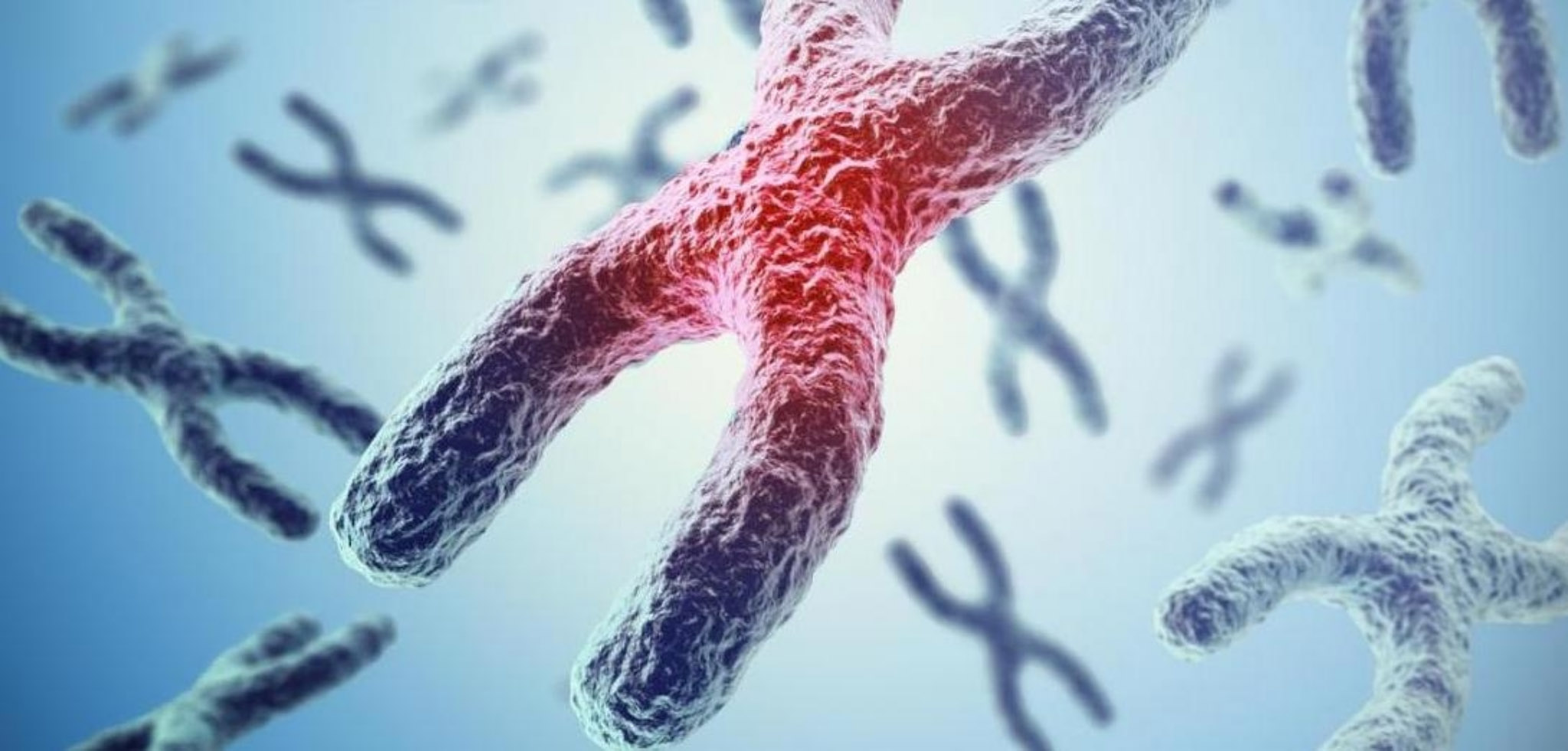1 November 2018
WHAT ARE TELOMERES?
If you have looked up the terms “healthy” and “ageing” over the past year, chances are that you have come across the word “telomere” in one article or another. In fact, there has been a lot of buzz around telomeres and their prominent role in the process of cell ageing, and it was only recently (2009) that three geneticists (Blackburn, Greider and Szostak) won the Nobel Prize in Physiology or Medicine for their discovery of key aspects of telomeres and the DNA replication process. Despite recent scientific success and public appraisal, research on telomeres actually dates back way before the 21st century, with scientists discovering the fact that they protect our DNA as early as the 1930s.
But what are telomeres exactly?
Derived from the Greek words telos (meaning end) and meros (meaning part), telomeres are the caps at the end of each DNA strand that protect our chromosomes – the structures found in most living cells that carry our genetic information. What role do they play in healthy ageing, you may ask?
THE ROLE OF TELOMERES IN AGEING
Telomeres are often compared to the plastic tips of shoelaces, as they protect the end of our DNA strands from wearing down and getting damaged. The older we get, the shorter the telomeres appear are; however, it needs to be mentioned that age is only one factor affecting their length, as modern-day influences such as stress, smoking and a bad diet can also significantly impact the length of our telomeres. Scientists suggest that telomere health, in fact, better represents our true biological age as opposed to our chronological age.
Fact: the shorter the telomere, the faster premature ageing takes place.
The majority of our cells are programmed to divide between 50-70 times during their lifetime, with telomeres getting shorter during the process (until the cell ultimately dies). Cell division is a normal and actually pivotal process, which helps skin, blood and bones grow.
Whilst a healthy body is not negatively influenced during this process, this changes when looking at an individual with a potentially life-threatening illness such as cancer. One has to know that cancer cells divide much faster than regular cells, which leads to telomeres shortening more rapidly. Yet, instead of the cells dying off, cancer cells often escape their “destined” death by creating more of an enzyme called telomerase (it reads existing DNA strands and builds new strands from it), which stops the telomeres from getting even shorter, and in turn to the cancer cell multiplies again.
Fact: telomerase can slow, stop or even reverse telomere shortening.
Considering the above ability of telomerase, researchers hope to one day stop cancer cells from spreading by simply making them age and die through inhibiting telomerase activity. Some researchers argue, however, that this intervention could come with negative side effects, such as infertility, reduced wound healing and inhibition in the production of blood and immune cells.
Exciting news
While some scientists are still sceptical about significantly increasing a human’s lifespan, others are convinced that by stopping telomere shortening, we could one day live several decades, if not centuries, longer.
This prediction has to be taken with a grain of salt however, as telomere shortening is identified as merely one of four major factors contributing to cell ageing. The others are actual (chronological) age, oxidative stress and glycation. Interestingly, telomere shortening, chronological age as well as gender difference (women live longer) only account for around 40% of the risk of dying – oxidative stress and glycation – the process of sugar binding on DNA, inhibiting it from doing its job and ultimately resulting in disease or even death – play an even larger role.
WHAT CAN WE DO TO SUPPORT HEALTHY AGEING?
This, however, is truly good news for us, as it means we have the power to increase our lifespan on our own, if we follow a few simple rules:
Longevity tip #1: Follow a healthy, preferably Mediterranean, diet full of antioxidants and fibre. This has a major effect on glycation, as fibre in particular is known to help control blood sugar levels.
Longevity tip #2: Exercise regularly. By moving your body vigorously several times a week (low or medium levels of exercise did not result in significantly longer telomeres in the studies), you can actively reduce inflammation and oxidative stress.
Longevity tip #3: Manage your stress levels. When we are stressed, our body releases hormones that cause oxidative stress, which, as we know, shortens our telomeres and does damage to our DNA. By doing yoga or being active socially, we can significantly bring down stress levels.

